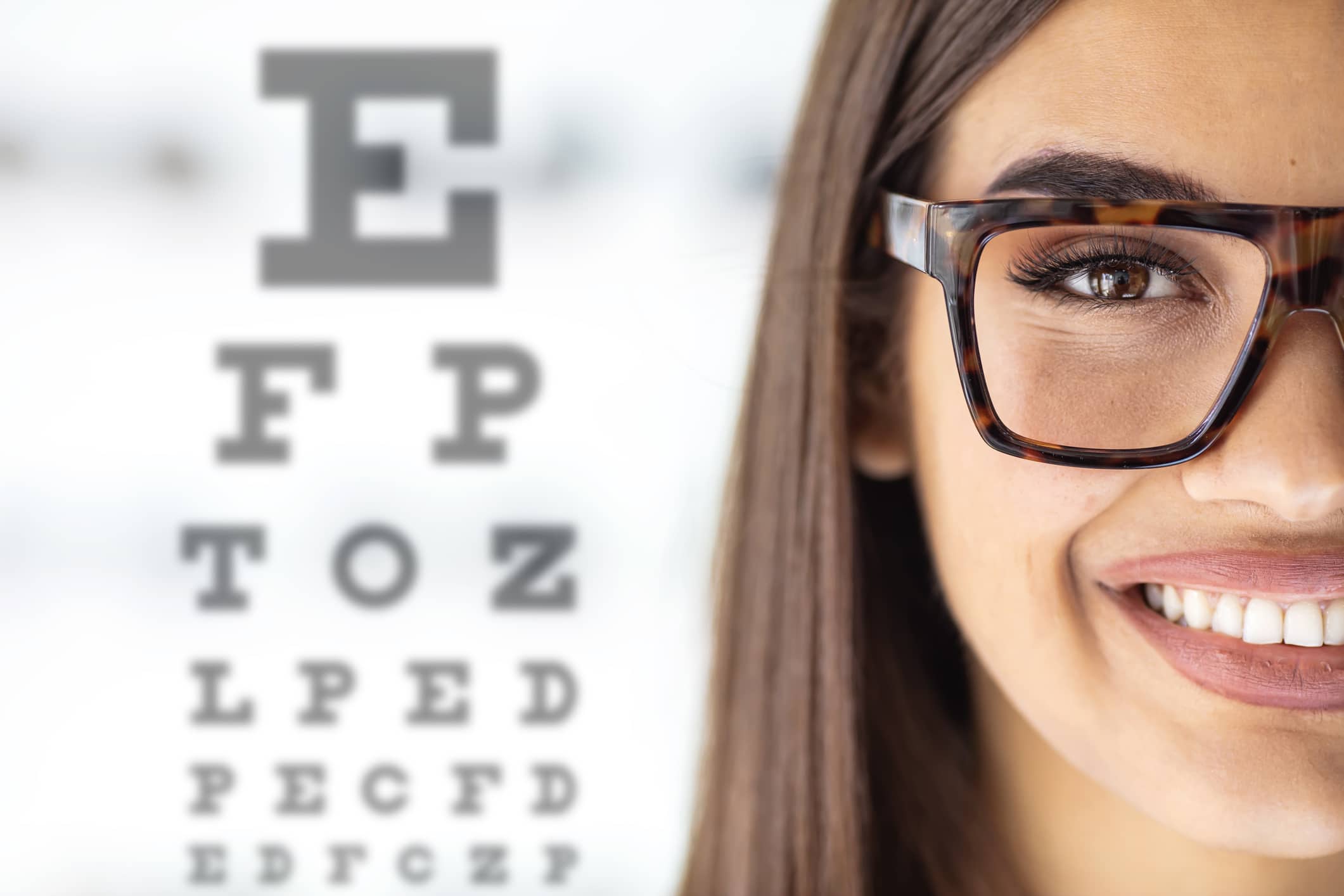
Good vision doesn’t just happen. To ensure it does, you should be proactive now about protecting your eyesight against problems later in life.
“Regular vision care is important, and it may even reduce the effect of genetically inherited conditions like glaucoma or age-related macular degeneration,” says Dr. Aubrey Fulton, a therapeutic certified optometrist with Hattiesburg Eye Clinic. “Caring for your physical health generally could also pay dividends for your eye health too.”In recognition of Healthy Vision MonthinMay, here are5 things Dr. Fulton says you can do to keep your eyes healthy and your vision sharp.
Eat an “eye-friendly” diet. Just like the rest of the body, the eyes need regular nutrition to remain healthy and disease-free. “The eyes benefit most from eating leafy greens, especially kale,” says Dr. Fulton. “You should also include blue and red berries in your diet.”
Besides essential vitamins and minerals, “eye-friendly” foods contain antioxidants that prevent cellular damage caused by free radical molecules in the bloodstream. Taking supplements like lutein and zeaxanthin also supports eye health.
Wear sunglasses. Regular, long-term exposure to sunlight can damage the eyes as well as your skin.“ Both UVA and UVB, ultraviolet rays emitted by the sun, can damage eye tissues over time,” says Dr. Fulton. “For example, long-term sun exposure could accelerate cataract formation.”
To minimize the effects of UVA/UVB rays, Dr. Fulton recommends wearing polarized sunglasses while outside or driving. Be sure those glasses are rated for full protection against both UVA and UVB rays.
Don’t smoke. Smoking tobacco can be hazardous to your health—and specifically to your eyes. “Those harmful effects on the body from smoking eventually impact eye health. There are also indications that tobacco use may increase the severity of macular degeneration,” says Dr. Fulton .
If you don’t smoke, for the sake of your eyes and the rest of your health, don’t start. If you do smoke, the sooner you take steps to quit, the less your eyes and vision will suffer from its effects.
Get regular eye exams…comprehensive eye examinations, that is: “People often undergo what are essentially vision screenings conducted at schools, workplaces or health fairs,” says Dr. Fulton. “But a true eye examination covers a wide-range of potential eye issues.”
Hattiesburg Eye Clinic recommends that healthy adults with no previous eye issues get an annual comprehensive eye exam beginning at age 40. Individuals with diabetes, pre-existing eye problems, a family history of glaucoma or other degenerative eye disease, or who are of African descent should begin these exams earlier in adulthood.
Know your family history. Many eye problems—or health problems that could impact the eyes—are passed along through families. “Having a good knowledge of your family’s overall health history can greatly help us focus on aspects of your eye health that bear watching,” says Dr. Fulton.
Besides congenital eye diseases like glaucoma, macular degeneration or cataracts, you should also tell your eye doctor if you or a close family member have conditions like diabetes, high blood pressure or high LDL cholesterol.
Eyesight plays an essential role in our quality of life. Doing these5things in partnership with your eye doctor can increase your chances your eyes remain healthy throughout your life.
For more information onproper vision care, visit our webpage. To learn more about how Hattiesburg Eye Clinic can improve your vision health, call601-268-5910(or toll-free800-624-8254) or schedule a consultation with us online.


